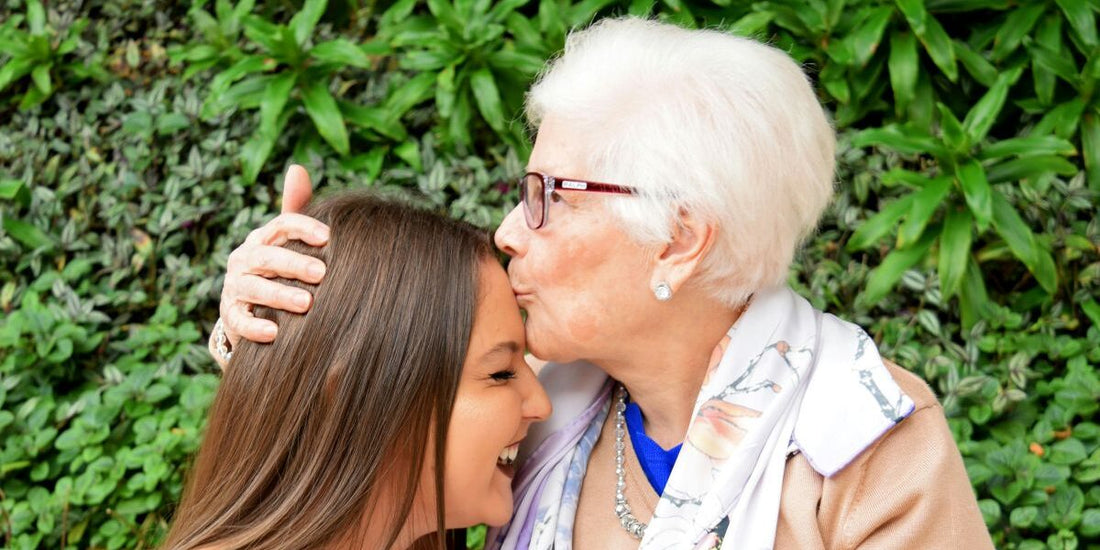
7 Healthy Boundaries Every Family Member Needs
Share
When you love someone struggling with addiction, it’s natural to want to help. But too often, that help turns into rescuing, over-functioning, or losing yourself in their chaos. That’s where boundaries come in—not as punishment, as protection. Healthy boundaries allow you to support your loved one without sacrificing your own well-being.
Boundaries are a form of love. They say, “I care about you, and I care about me too.” In this post, we’ll walk through seven healthy, life-giving boundaries every family member or close friend should consider.
1. You Are Not Their Savior
It’s not your job to fix their addiction. Your role is to support—not to control their choices or carry the consequences for them.
Boundary: “I’m here to support your recovery, and I can’t take responsibility for your sobriety.”
2. Protect Your Emotional Health
Addiction can bring lies, manipulation, and emotional roller coasters. You have the right to protect your peace.
Boundary: “I’m choosing to step away from conversations that become hurtful or chaotic.”
3. Don’t Finance the Addiction
Money given with good intentions can quickly become a lifeline for destructive behavior.
Boundary: “I’m not able to give you money, I can help you find resources if you’re serious about recovery.”
4. Keep Your Home a Safe Space
Your home should not be a place where substances, volatility, or unsafe behavior is allowed.
Boundary: “If you’re under the influence, you can’t stay here tonight. I hope you’ll seek help.”
5. Don’t Make Excuses or Cover Up
Lying for your loved one out of shame or to protect them often delays the healing process.
Boundary: “I won’t lie to others about your behavior. I love you enough to live in the truth.”
6. Prioritize Your Own Healing
You are affected by their addiction, too. You may need counseling, support groups, and rest.
Boundary: “I’m making time for my own mental and emotional health, and I hope you’ll respect that.”
7. Be Clear and Consistent
Addiction thrives in chaos and blurred lines. Boundaries must be communicated and upheld with love.
Boundary: “These boundaries aren’t about pushing you away—they’re about helping us both heal.”
Boundaries Aren’t Cruel—They’re Compassionate
Setting boundaries doesn’t mean giving up on someone. It means giving them a.
If you love someone in recovery…
We want you to know that we are to support you supporting those you love. Please take a look at our resources and programs and share these resources with your loved one, if you think they could help. And if you feel led, consider supporting Today’s Sober Women with a gift. Every dollar goes to support and encourage a woman on her sobriety journey. We provide everything from support groups, digital resources, and weekly text messages to help women stay on the sober track.
Together, we can be part of their healing—one word, one act of support, and one woman at a time.


